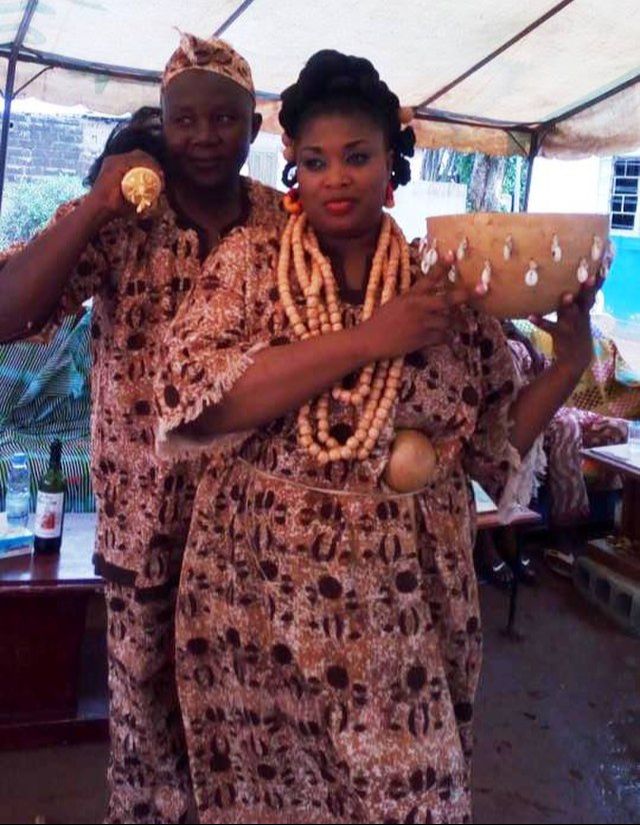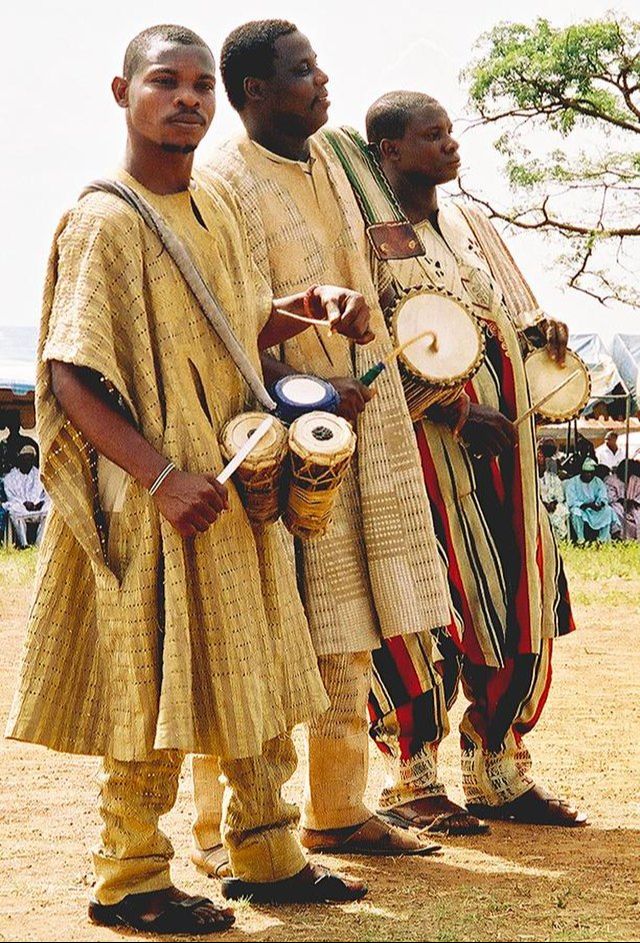The Culture and History of West Africa

West Africa is a region abundant in cultural diversity and historical importance, with each country possessing a distinctive heritage shaped by centuries of traditions, interactions, and historical events. Comprehending the cultural and historical dynamics of each country in the region is crucial for appreciating the complexities of West African identity and its global significance.
Benin's history is marked by the ancient Kingdom of Dahomey, known for its powerful military and cultural achievements. The legacy of Dahomey's kingship, as well as the rich artistic traditions of bronze casting and textile weaving, continues to shape Beninese identity and cultural practices.
Burkina Faso's history is characterized by the Mossi Kingdoms, which played a significant role in the region's pre-colonial era. Traditional Mossi architecture, music, and storytelling are integral to Burkinabe culture, reflecting a deep sense of communal identity and resilience.
Cape Verde's cultural heritage reflects its history as a Portuguese colony and a crossroads of African, European, and Creole influences. Music genres such as morna and funana, as well as vibrant carnival celebrations, embody the diversity and resilience of Cape Verdean identity.
Ivory Coast's history is characterized by diverse ethnic groups, including the Akan, Baoule, and Senoufo, whose cultural traditions have played a role in shaping the country's identity. Ivorian music, dance, and cuisine exhibit the fusion of indigenous, colonial, and global influences.
Gambia's history is linked with the transatlantic slave trade and the colonial legacy of British rule. Griot storytelling, drumming, and traditional wrestling are integral to Gambian culture, preserving oral traditions and communal values.
Ghana's history is marked by ancient empires such as the Asante and the Akwamu, as well as the legacy of European colonization and the transatlantic slave trade. Ghanaian music, dance, and festivals such as the Ashanti Yam Festival celebrate the country's cultural resilience and heritage.

Guinea was part of a series of powerful West African empires, including the Ghana, Mali, and Songhai empires. It became a French colony in the 19th century and gained independence in 1958. Islam is the predominant religion, deeply influencing Guinea's cultural practices and daily life.
Guinea-Bissau's history is shaped by diverse ethnic groups, including the Balanta, Fulani, and Mandinka, whose cultural traditions reflect the country's multicultural society. Traditional music, dance, and oral literature are a major part of Guinea-Bissauan identity and social cohesion.
Liberia's history is unique as one of the few African countries founded by freed American slaves. The country's cultural heritage blends indigenous traditions with American influences, resulting in a distinct identity expressed through music, cuisine, and religious practices.
Mali's history is characterized by the empires of Ghana, Mali, and Songhai, which were centers of trade, scholarship, and cultural exchange. Malian music, particularly the griot tradition and the music of legendary figures like Ali Farka Toure and Salif Keita, embodies the country's rich cultural legacy.
Mauritania's history is shaped by the legacy of the Moors and Berbers, as well as the trans-Saharan trade routes. Traditional Mauritanian music, poetry, and camel racing reflect the country's nomadic heritage and cultural diversity.

Niger's history is intertwined with the empires of Kanem-Bornu and Songhai, as well as the legacy of Tuareg and Fulani nomadic groups. Nigerien music, such as Tuareg guitar music and Hausa griot traditions, reflects the country's diverse cultural heritage.
Nigeria's history is diverse, encompassing ancient kingdoms such as Benin and Oyo, as well as the colonial legacy of British rule. Nigerian music, film, literature, and cuisine have gained international acclaim, reflecting the country's cultural and creative output.
Senegal's history is shaped by the empires of Ghana, Mali, and Wolof, as well as the legacy of French colonization. Senegalese music, particularly mbalax and traditional sabar drumming, embodies the country's cultural pride and resilience.
Sierra Leone's history is marked by indigenous societies such as the Mende and Temne, as well as the legacy of British colonization and the transatlantic slave trade. Sierra Leonean music, particularly highlife and palm wine music, reflects the country's cultural diversity and resilience.
Togo's history is shaped by the Ewe, Fon, and Akan peoples, as well as the legacy of German and French colonization. Togolese music, dance, and Vodou traditions reflect the country's cultural and spiritual heritage.